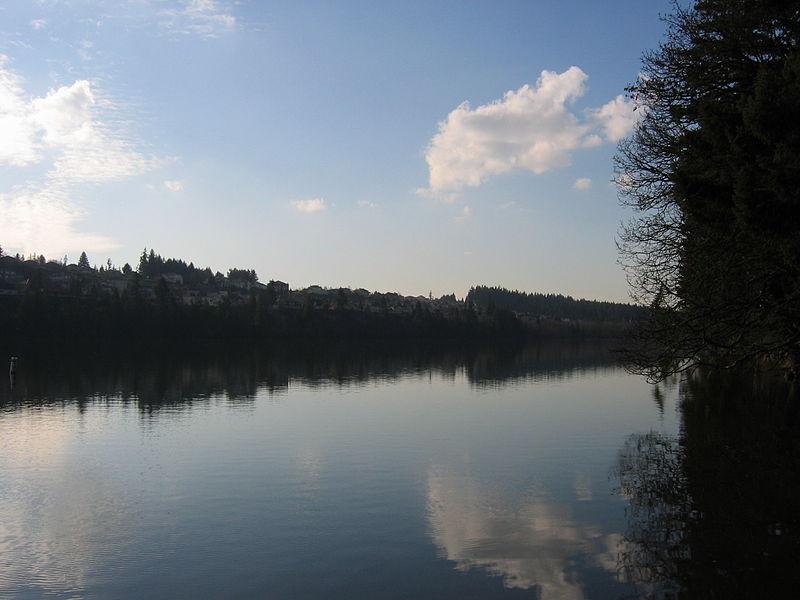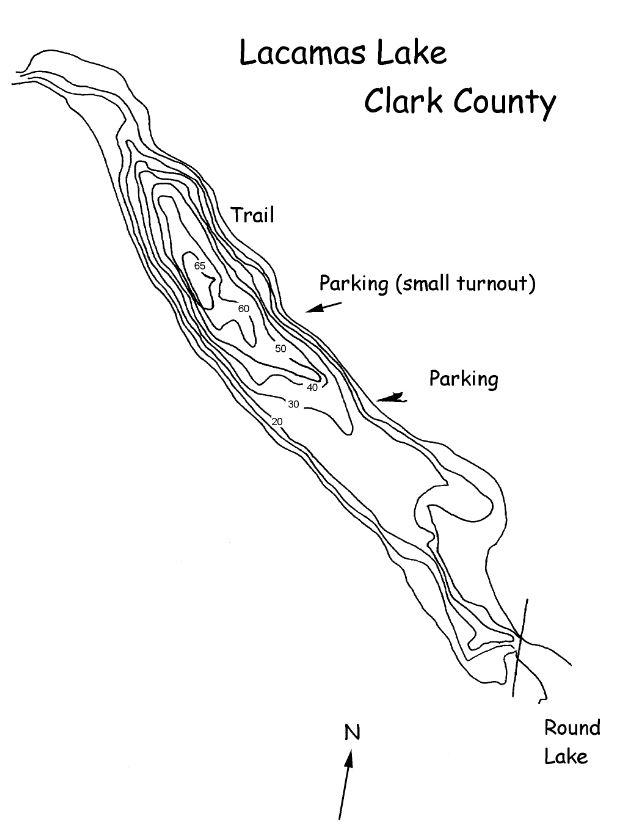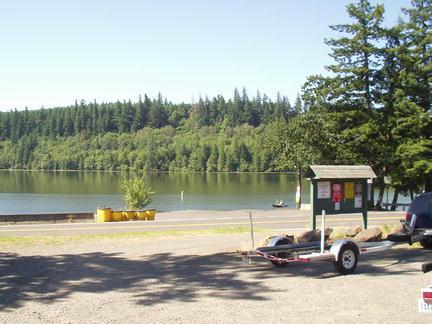2025 Trout Derby
4 prizes are waiting to be claimed!
Prizes already claimed here:- One Day Pass
Catch a tagged fish? Fill out the
prize claim form.
Forget where to collect your prize? Recover your prize details.
This lake was formed from a pre-historic channel of the Columbia River.The lake suffers from over-enrichment causing oxygen depletion, over abundance of plants and algae.
The lake is primarily stocked with Rainbow Trout; however, there is a good population of Yellow Perch and other warmwater species. The lake is located one mile north of Camas.
Round Lake, located at the southeast end of the lake provides good bank access for trout and warmwater fishing.
Two-pole fishing is allowed
Shoreline access: Good - Shore access is limited to the public.
Species you might catch
- Black crappie
- Bluegill
- Brown bullhead
- Channel catfish
- Common carp
- Largemouth bass
- Northern pikeminnow
- Pumpkinseed Sunfish
- Rainbow trout
- Warmouth
- Yellow perch
Lake information
County: Clark
Acreage: 250.40 ac.
Elevation: 182 ft.
Center: 45.616843, -122.425798
Open in Google Maps
Catchable fish plants
| Stock Date | Species | Number Released | Number of Fish Per Pound | Facility |
|---|---|---|---|---|
Visit the Catchable Trout Plants page for a more detailed search of trout plants in this or other bodies of water. To view or download the source data for this table visit the WDFW Fish Plants dataset on the Washington State Open Data Portal
Fishing prospects calendar
Rainbow trout
Largemouth bass
Yellow perch
Black crappie
Bluegill
Pumpkinseed Sunfish
Channel catfish
Brown bullhead
Northern pikeminnow
Photos


